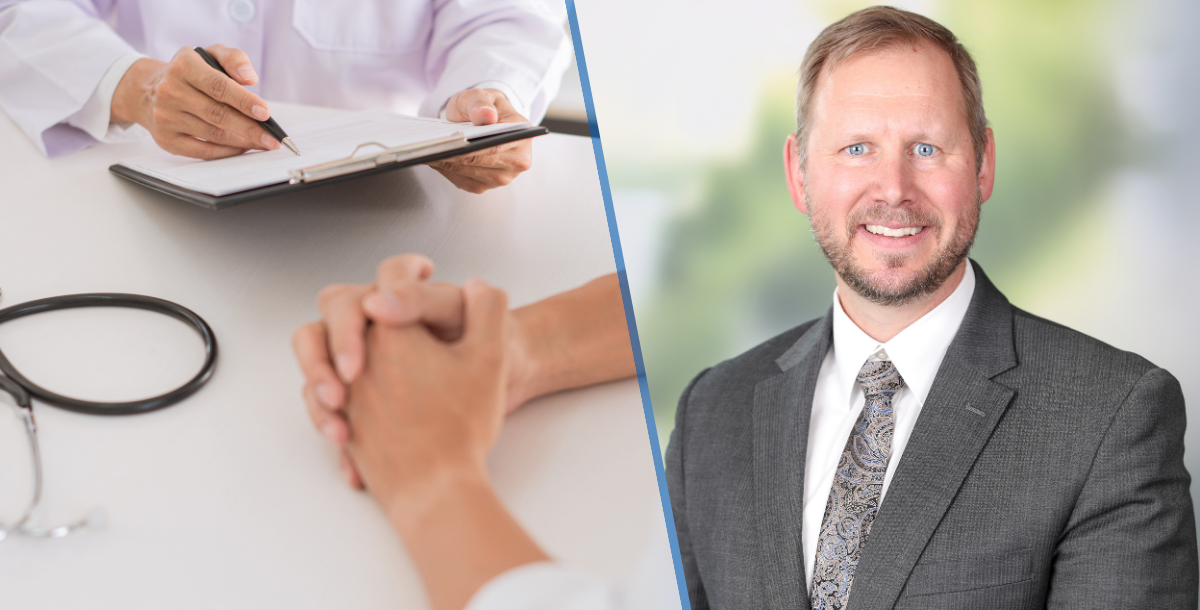How do you know when you should see a primary care provider or a specialist?
Although both are dedicated to keeping you healthy, these health care providers offer different services. Who you should see depends on the health issue as well as your medical history.
What is the role of a primary care provider?
Primary care providers, or PCPs, span a number of board-certified specialties that include internal medicine, family medicine and pediatrics. Also, they may be physicians or nurse practitioners.
“Beyond healing in sickness, a primary care provider is your dedicated partner in wellness,” Kevin Hartman, MD, ambulatory chief medical officer for our ministry, explains. “With a primary care provider, you embrace a proactive approach, valuing prevention as much as treatment. Their knowledge of your individual health narrative allows for personalized care, nurturing a relationship that goes beyond medical records.”
Your PCP keeps track of your health history and can find problems early on via regular checkups. This is important because catching issues early can help you stay healthy and save on medical expenses.
What is a specialist?
Specialists are physicians with training in a specific discipline. They focus on the diagnosis and treatment of certain types of diseases and conditions.
Some examples of specialists include:
- An oncologist, who specializes in treating cancer.
- A cardiologist, who specializes in heart conditions.
- A gastroenterologist, who specializes in disorders of the digestive organs.
- A psychiatrist, who specializes in diagnosing and treating mental illnesses.
- An endocrinologist, who treats conditions such as diabetes or thyroid disorders.
- An ENT (ear, nose and throat doctor), who treats hearing impairment, sinus issues and swallowing problems.
- A rheumatologist, who specializes in autoimmune, musculoskeletal and inflammatory diseases such as arthritis and lupus.
You may need a referral from your primary care provider before you see a specialist. However, even if a referral is not required, it’s a good idea to keep your PCP informed so they can coordinate the details of your care with the specialist and work together to ensure you get the care you need.
“It’s important to talk to your regular doctor about anything that worries you about your health,” Dr. Hartman adds. “Even if you read things online or hear from friends, it’s not the same as talking to a doctor who really knows about your body. So, remember, see your regular doctor for most things, and if you need extra help, they’ll guide you to the right specialist.”
Whether you need a primary care provider or a specialist, we are here for you. Find a Bon Secours provider near you today.





